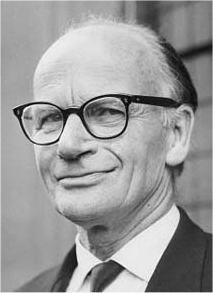A Quote by Lewis Carroll
I think I should understand that better, if I had it written down: but I can't quite follow it as you say it.
Related Quotes
It is indeed better (as no one ever could deny) that men should be led to worship God by teaching, than that they should be driven to it by fear of punishment or pain; but it does not follow that because the former course produces the better men, therefore those who do not yield to it should be neglected. For many have found advantage (as we have proved, and are daily proving by actual experiment), in being first compelled by fear or pain, so that they might afterwards be influenced by teaching, or might follow out in act what they had already learned in word.
The two important facts I should say, are emotion, and then words arising from emotion. I don't think you can write in an emotionless way. If you attempt it, the result is artificial. I don't like that kind of writing. I think that if a poem is really great, you should think of it as having written itself despite the author. It should flow.
There is always a better choice that you were unable to quite touch with a single stroke. Even in acting, there comes a point, like a painting, where you have to say, "That's it. I can't go any further with it." And sometimes, you say, "I'm really pleased that that's where it's finished up." Other times, you think, "I don't think I really quite got there, but I haven't got time to go any further." Rather reluctantly, you have to say "That's it."


































